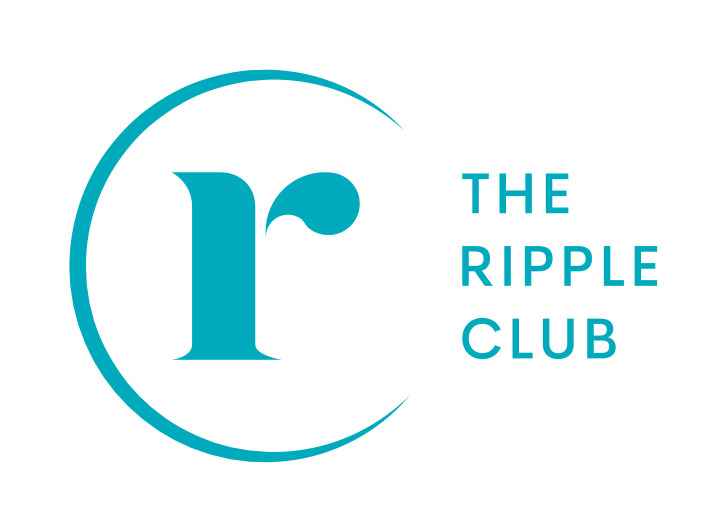Sore after yesterday’s workout?
Don’t worry—it happens to all of us! Let’s break down what muscle soreness really is, how to know if it’s just normal soreness or a small injury, and what you can do to recover faster.
What is muscle soreness?
Muscle soreness is that mild (sometimes not-so-mild!) discomfort you feel after a workout. For some of us, it’s almost a badge of honour—proof we pushed ourselves. Walking upstairs? Ouch. Walking down? Even worse. But hey, you earned it!
Soreness comes from microtrauma—tiny tears in your muscle fibres caused by putting them under unusual tension.
Two types of soreness
- Acute Muscle Soreness – The “burn” you feel during or immediately after exercise.
- Delayed Onset Muscle Soreness (DOMS) – That stiff, achy feeling that usually shows up the next day and can linger for up to 72 hours.
So yes, soreness is normal—but it’s also your body’s way of telling you it needs time to repair.
Soreness or injury?
Here’s the big question: should you rest on the couch, or keep moving? The answer depends on whether you’re sore or injured.
- Muscle soreness (good news!): Caused by the lactic acid build up in the tiny fibre tears that help your muscles adapt and grow. Usually fades within 72 hours, and hurts only when you move.
- Muscle strain (bad news!): Caused by deeper, more significant fibre tears. If you feel sharp pain even at rest, or pain that lasts beyond a few days, you’re dealing with a strain—not just DOMS. In that case, skip the workout and see a professional. You can find great physios and osteopaths on our partners page in Singapore!
Key takeaway
- If it’s just soreness → active recovery is your best friend.
- If it’s a strain → rest, heal, and don’t risk further injury.
Now that you know the difference, let’s get into five safe and effective ways to recover from muscle soreness.
1. THE RIPPLE CLUB

YES! There are literally NO excuses not to join us for a Ripple Club class!
It is actually an amazing workout to do when you are sore. I would even say it is the perfect recovery session used by athletes around the word. I won’t lie, you will feel an intense burn (even more intense than the usual #fireinthewater), but thanks to the properties of the water and while you are pedaling, your muscles will get an awesome hydromassage, flushing out the acid lactic created by your muscles when you tore them. Hence, you will shorten significantly your soreness time. TA DAH!!! Magic!
2. Low intensity work: easy walk – bike ride

Being sore is not an excuse for lying down all day. Yes your muscles have asked you to take a break on heavy workouts, but it doesn’t mean you shouldn’t move at all. On your sore days, go for a low intensity workout, like bike riding or walking. Weird enough, movement is key to recover from muscle soreness. When you put your body in motion your blood flow will be enhanced, bringing all the goodness needed for your muscles to recover faster.
3. FOAM ROLL (myofascial release)

Foam rolling is quite popular these days and for a good reason.
It is definitively cheaper than a spa treatment and it has pretty much the same effects (OK except the spa like atmosphere!).
Foam rolling after exercising will reduce tensions / tight muscles, increase your blood flow, which will then help to bring oxygen and nutrients to the muscles so they can heal faster. No harm trying right? On top of that you can also get a better range of motion by using those before your workout, that’s a bonus!
4. Rest

Don’t get too excited, by rest I mean SLEEP. Most people forget that a good night sleep is as important as exercising or eating well in your fitness journey.
I am a big sleeper myself so I can tell you from experience, your body repairs itself when you sleep, and studies show you need 7 to 8 hours each night to get optimum recovery. Of course this may vary from one person to another, but put simply, do not miss on sleep when you just did a big workout. Your body will make you regret it.
5. Hydrate

Drinking water is by far the best way to help your body flush out all the toxins produced by your body when you workout (and even when you don’t).
Oh and I forgot to mention that being dehydrated can make your muscle soreness even more pronounced? So drink up guys! Ditch the sports drinks, they have been proven to have no effect on muscle recovery and they are full of sugar. Instead, enjoy some plain water, or any non-alcoholic drinks I have mentioned in a previous blog post: What do drink when you are not drinking.
All in all, take your fitness journey step by step, there is such a thing as overtraining your muscles, and most of the time it leads to injuries. Listen to your body and make sure you find the workout that suit you. Good news, the more you train, the more your body gets used to exercise and the less you will feel sore! In the meanwhile, next time you are sore don’t forget to MOVE!
Alicia xx
